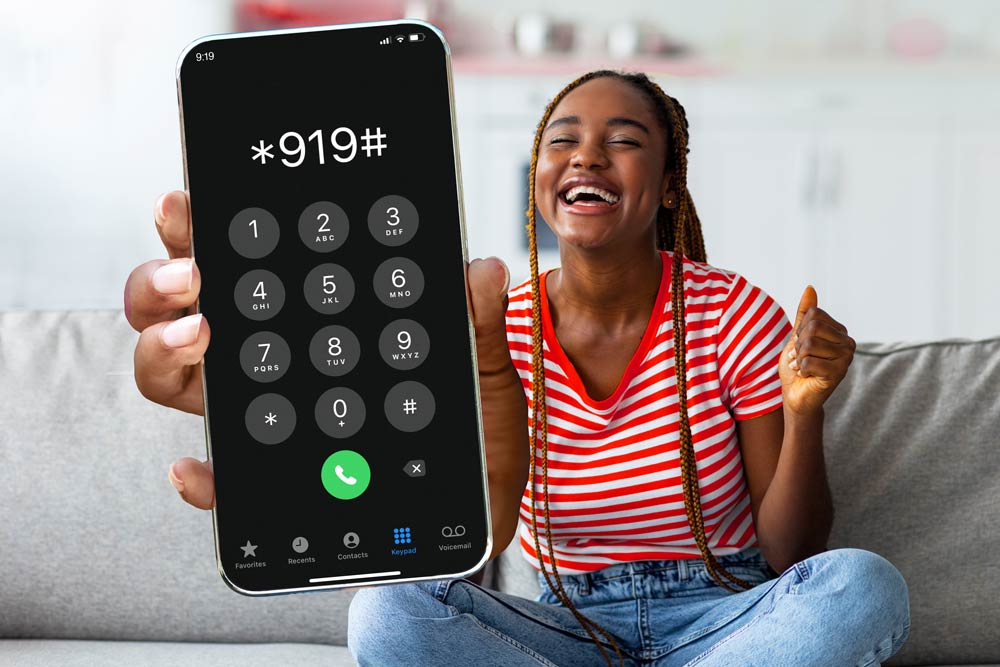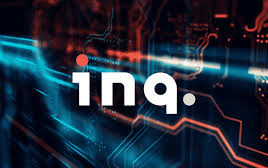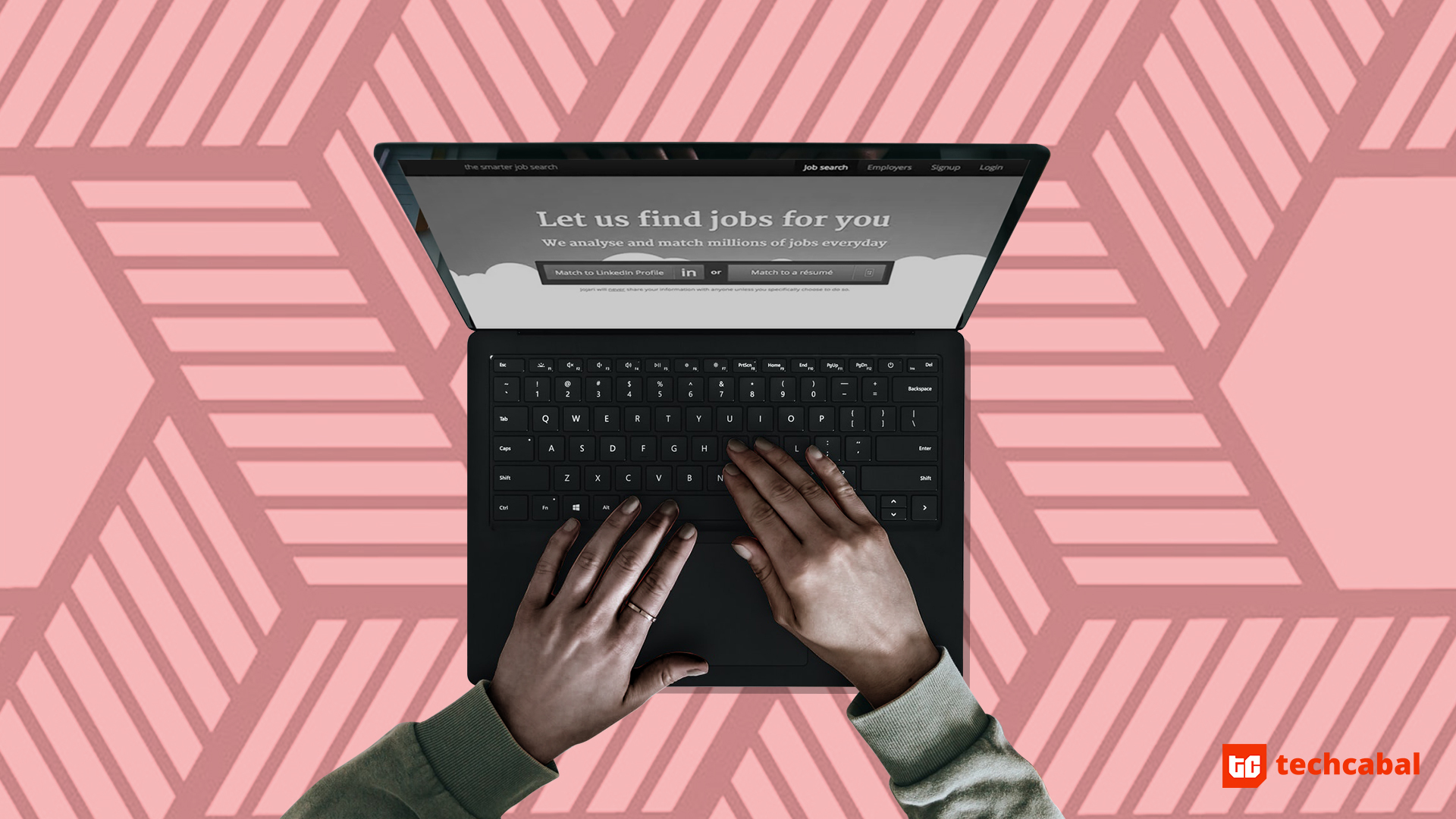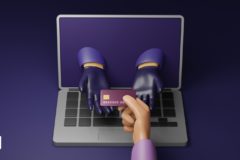Five years after the Nigerian Communications Commission (NCC) shared a report on uniform shortcodes, stakeholders in the telecoms industry will now begin implementation. Harmonised shortcodes allow customers of different mobile operators and banks to use the same USSD codes to check airtime balance, buy airtime or even make bank transactions. The primary argument for harmonisation is that it will enable easy memorisation and a more cohesive regulatory environment.
Currently, there are more than four major mobile network operators and about 21 commercial banks operating in Nigeria. Most of these institutions have provided shortcodes to their customers for essential services such as airtime and data recharge, balance checking, borrowing, and making transfers. Some of these popular codes include GTCO’s *737# and MTN’s *556#, with the former gaining popularity through widely advertised radio jingles and TV ads. The commercial success of these ads was how custom USSD codes became commonplace in Nigeria, eventually giving rise to services like GTCO’s Squad which allow businesses to have their own customised codes for payments.
For such banks and businesses, this means all the marketing and customer awareness will come to a halt, as they will now focus on the joint publicity of the new harmonised codes. Yet, the upside is that all customers will not need to constantly Google their bank or mobile provider’s codes. Through the harmonisation process, the NCC seeks to replicate global best practices in the Nigerian telecommunications space. Harmonised shortcodes are commonplace globally, with Ghana doing the same in 2014.
According to the Association of Licenced Telecommunications Operators of Nigeria (ALTON), the migration to a new set of codes will be concluded by May 17th, 2023, which will mark the end of the viability of old shortcodes. The proposed new shortcodes will then continue as the only means of sending the commands on mobile devices. The proposed harmonised shortcodes include 300 for call centres; 303 for airtime borrowing services; 310 for balance checking; 311 for credit recharge; 312 for data plan; and 2442 for porting services.
An average Nigerian with one sim card and one bank account will have to memorise between five and ten short codes to complete frequent commands. Considering that, and the reality that most Nigerians use multiple (MNOs) and operate multiple accounts, one can only imagine the number of shortcodes the average Nigerian must keep track of. This situation is what the NCC wants to change.





















